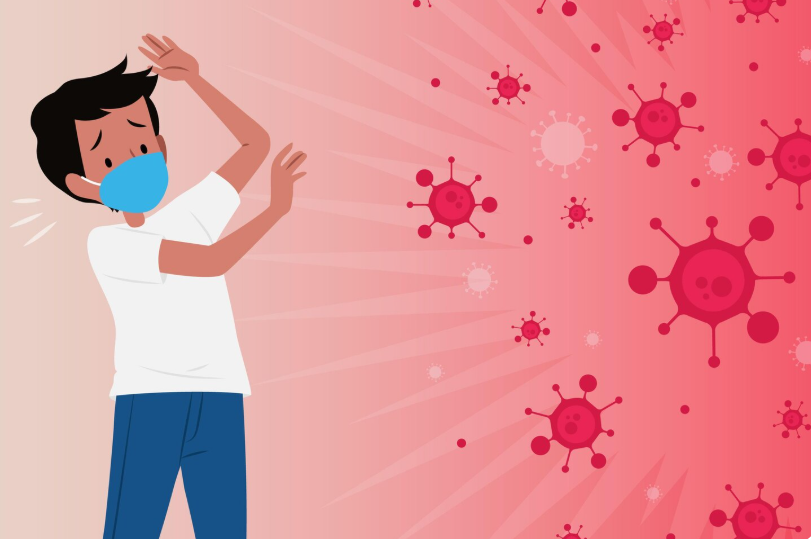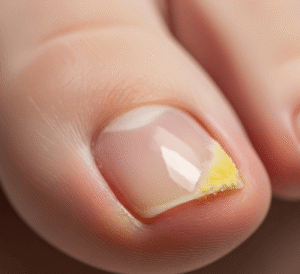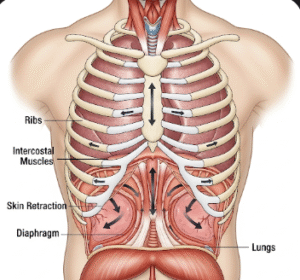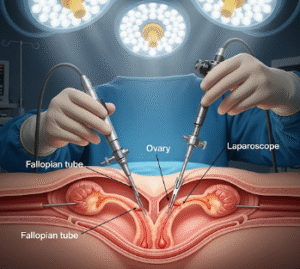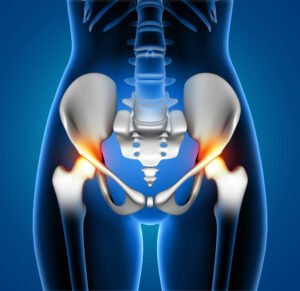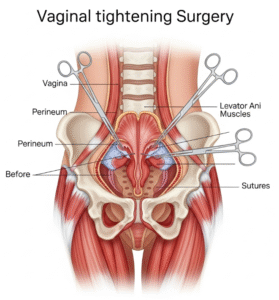Overview
Haemophilus influenzae type b (Hib) is a bacterial infection that can cause severe illness, particularly in young children. In Korea, Hib vaccination is part of the national immunization program, significantly reducing the incidence of Hib-related diseases such as meningitis, pneumonia, and epiglottitis. Early vaccination and prompt medical care are essential for prevention and effective management.
What is Haemophilus influenzae type b (Hib)?
Hib is a bacterium that primarily affects children under five years of age, though it can occasionally infect older children and adults with weakened immune systems. The infection can invade the bloodstream or central nervous system, leading to life-threatening complications if untreated.
Symptoms
- High fever and chills
- Severe headache
- Stiff neck
- Nausea and vomiting
- Difficulty breathing (in cases of epiglottitis)
- Lethargy or irritability in infants
- Skin rash (in some cases of bloodstream infection)
Causes
Hib infection is caused by Haemophilus influenzae type b bacteria, which can spread through respiratory droplets from coughing or sneezing. The bacteria can colonize the nasopharynx and then invade the bloodstream or other organs, causing serious illness.
Risk Factors
- Age under five years (highest risk in infants)
- Lack of Hib vaccination
- Weakened immune system due to chronic illness or immunodeficiency
- Exposure to infected individuals, especially in daycare or crowded settings
Complications
If left untreated, Hib infection can result in:
- Bacterial meningitis leading to brain damage or hearing loss
- Severe pneumonia and respiratory failure
- Epiglottitis causing airway obstruction
- Septicemia (blood infection)
- Long-term neurological complications in surviving children
Prevention
- Hib vaccination: Included in the Korean national immunization schedule for infants at 2, 4, 6, and 12–15 months of age.
- Good hygiene practices, such as frequent handwashing and covering the mouth when coughing or sneezing.
- Avoiding close contact with infected individuals.
- Prompt medical care for respiratory infections in young children.
Treatment Options in Korea
In South Korea, Hib infection is treated promptly in hospitals to prevent complications:
- Hospitalization: Severe cases, especially meningitis or epiglottitis, require admission to pediatric or infectious disease wards in hospitals like Seoul National University Hospital, Samsung Medical Center, and Asan Medical Center.
- Antibiotic therapy: Intravenous antibiotics such as ceftriaxone are administered to eliminate the bacterial infection.
- Supportive care: Includes hydration, oxygen therapy, and monitoring for organ dysfunction in severe cases.
- Follow-up care: Ensures recovery and monitors for potential complications like hearing loss or neurological issues.

